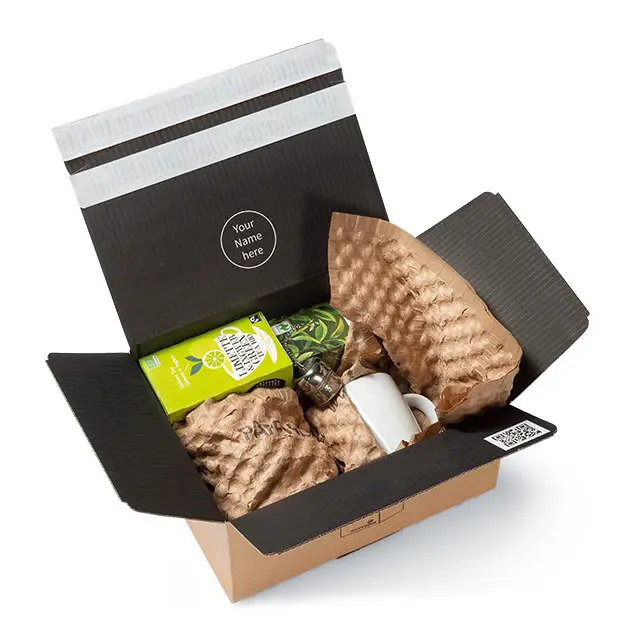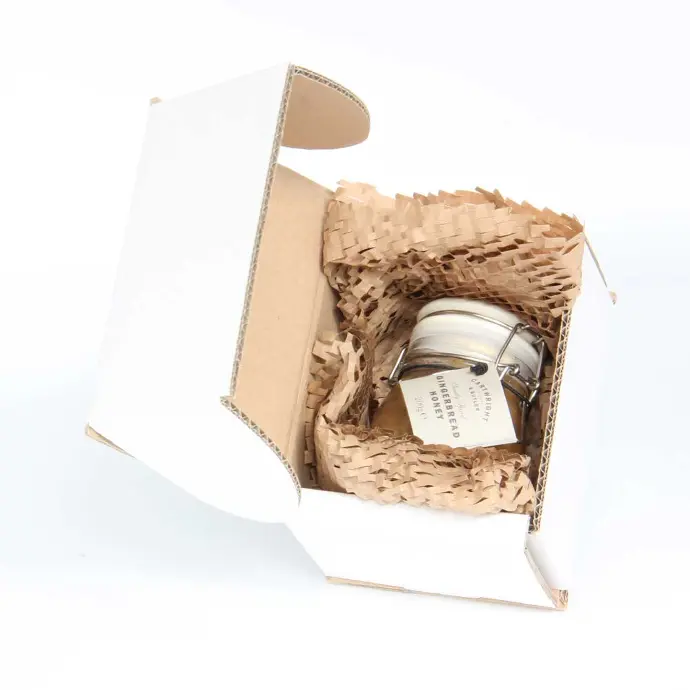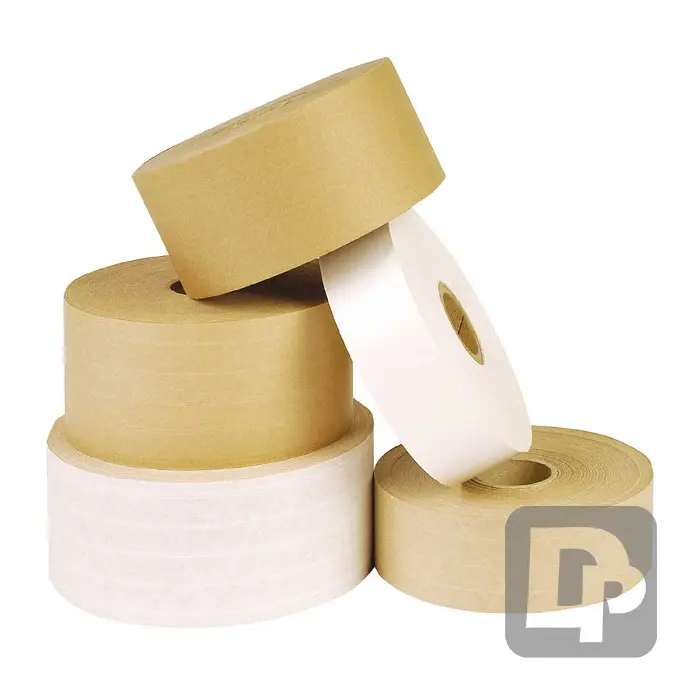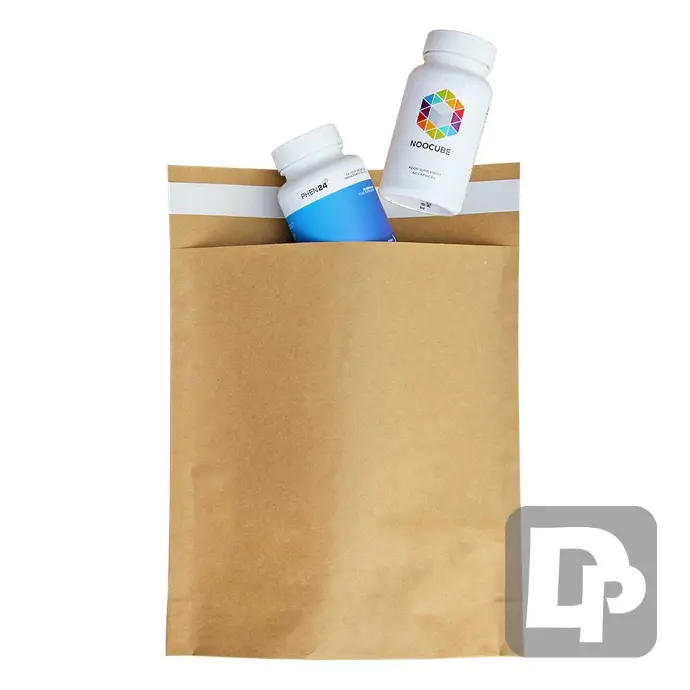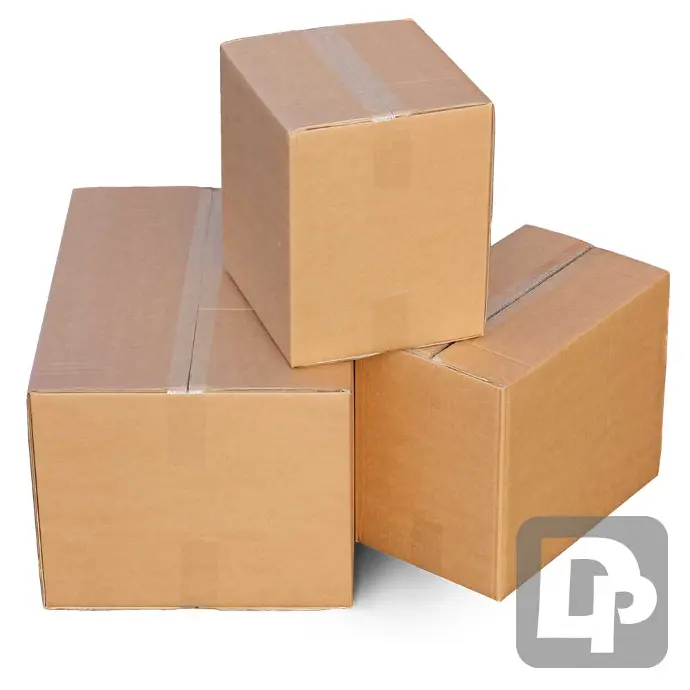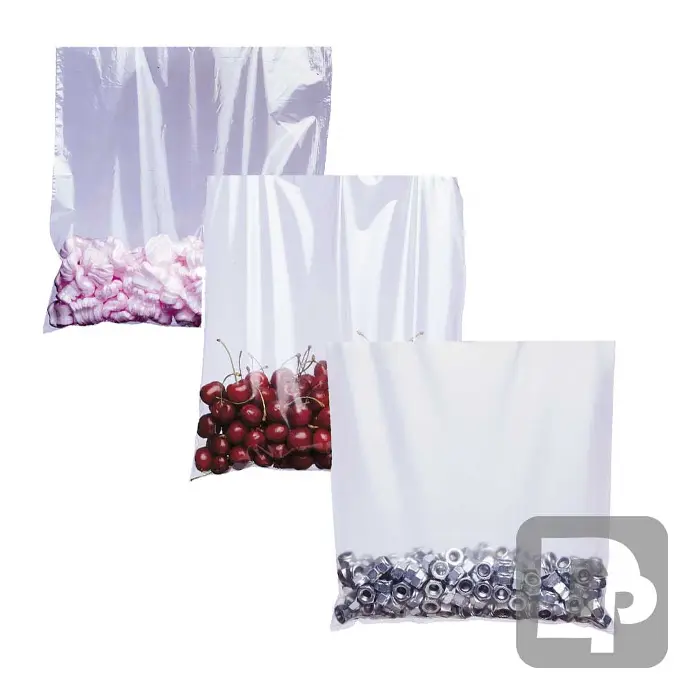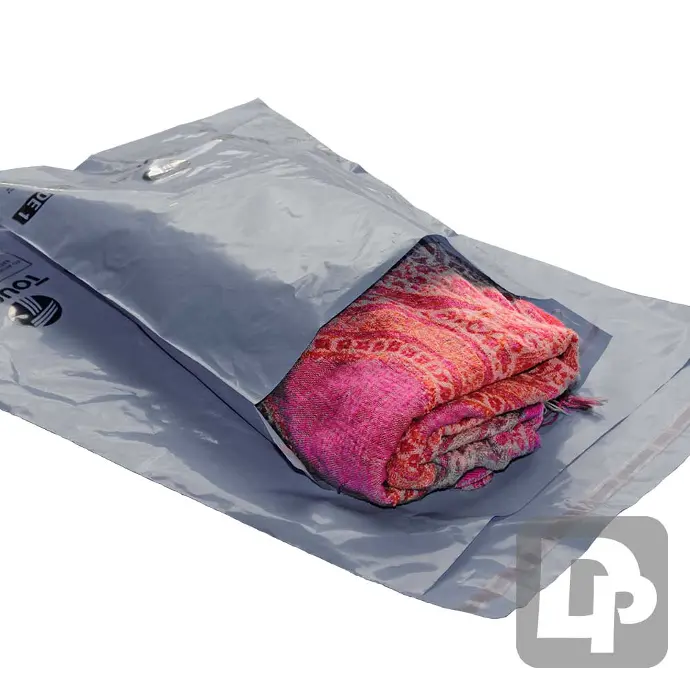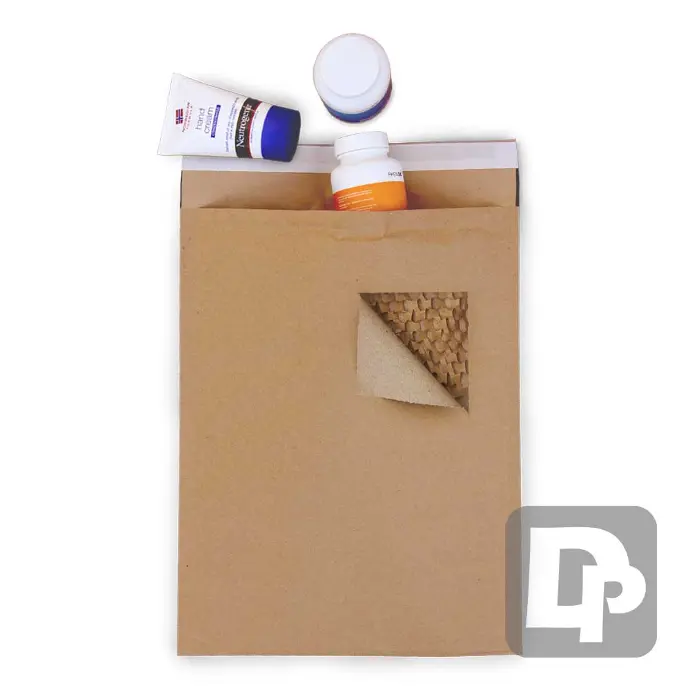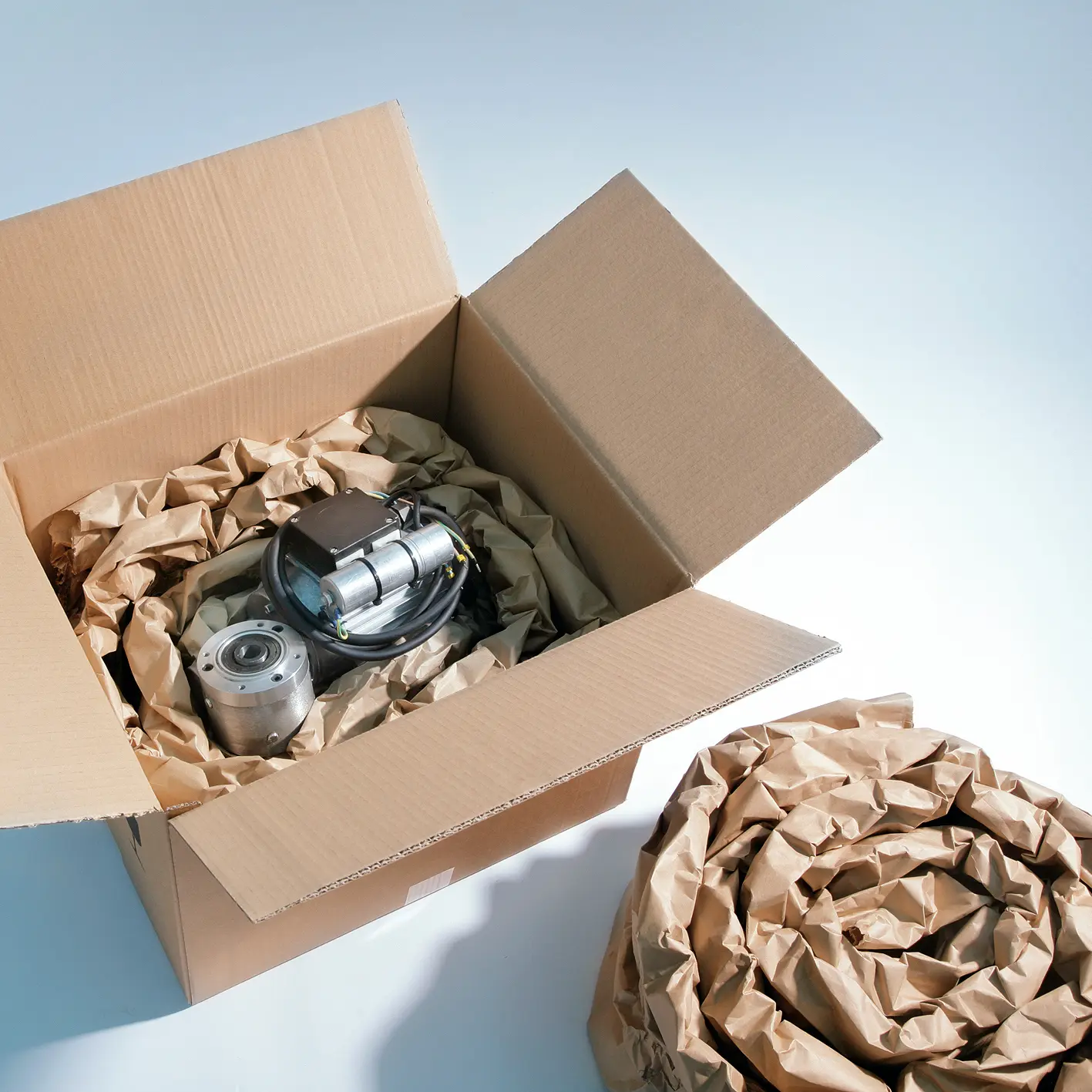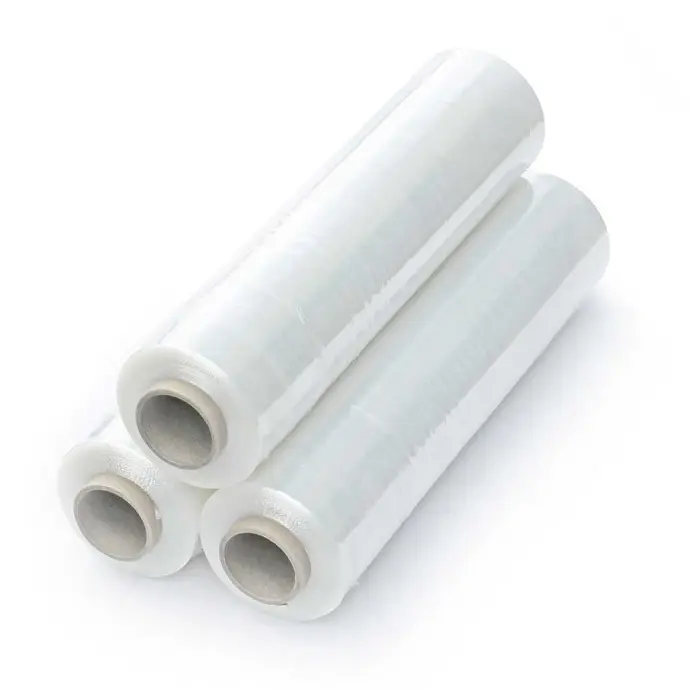Our range of packaging products that are recyclable in most kerbside recycling schemes in the UK.
In a world increasingly aware of environmental impacts, the choice of packaging can make a significant difference. At Datec Packaging, we are committed to offering a wide range of recyclable packaging products that help reduce waste and conserve precious resources. Our innovative and eco-friendly options ensure that your packaging needs are met without compromising the health of our planet.
Explore our selection of recyclable materials, from paper and cardboard to glass and metals, designed to cater to diverse industries and applications. Learn about the processes that make recycling possible, the economic and environmental benefits, and the latest trends and innovations in the world of sustainable packaging.
Join us on a journey towards a greener future, where every package contributes to a cleaner, healthier environment. Whether you're a business looking to enhance your sustainability practices or a consumer eager to make a positive impact, our recyclable packaging solutions are here to support your efforts. Together, we can make a difference, one package at a time.
Understanding How Recyclable Packaging Helps Reduce Waste and Conserve Resources
Recyclable packaging plays a crucial role in the fight against environmental degradation. By opting for materials that can be reprocessed and reused, we significantly reduce the amount of waste that ends up in landfills and our oceans. Here's how recyclable packaging helps to create a more sustainable future:
Reducing Waste
Every year, millions of tons of packaging waste are generated worldwide, much of which is non-biodegradable and harmful to ecosystems. Recyclable packaging provides a solution by ensuring that materials such as paper, cardboard, certain plastics, glass, and metals are not discarded after a single use. Instead, these materials are collected, sorted, and processed to create new products. This cycle drastically cuts down the volume of waste, reducing pollution and conserving landfill space.
Conserving Natural Resources
The production of new packaging materials from virgin resources requires significant amounts of energy, water, and raw materials. Recyclable packaging helps mitigate this by allowing materials to be reused multiple times. For example:
- Paper and Cardboard: Recycling paper and cardboard saves trees and reduces the demand for new timber. It also uses less water and energy compared to producing new paper products from raw wood pulp.
- Plastics: Recycling plastics reduces the need for petroleum, a non-renewable resource, thus conserving fossil fuels and lowering greenhouse gas emissions.
- Glass and Metals: Recycling glass and metals like aluminum and steel saves raw materials and energy. For instance, recycling aluminum saves up to 95% of the energy required to produce new aluminum from bauxite ore.
Energy Savings
The recycling process typically consumes less energy than producing new materials from scratch. For example, recycled aluminum uses 95% less energy than producing new aluminum, and recycling paper can save up to 60% of the energy compared to making paper from new pulp. These energy savings translate into lower carbon emissions, helping to combat climate change.
Economic Benefits
Recycling creates jobs and stimulates economic growth. The recycling industry provides employment opportunities in collection, sorting, processing, and manufacturing, contributing to local economies. Moreover, using recycled materials can be cost-effective for manufacturers, reducing production costs and encouraging sustainable business practices.
Supporting a Circular Economy
Recyclable packaging is a key component of the circular economy, an economic system aimed at eliminating waste and the continual use of resources. By designing products with their end-of-life in mind, recyclable packaging helps close the loop, ensuring that materials are kept in use for as long as possible. This not only reduces the environmental impact but also promotes sustainability and resource efficiency.
By understanding and choosing recyclable packaging, businesses and consumers alike can make a significant contribution to reducing waste, conserving natural resources, and protecting our planet for future generations. Together, we can make a meaningful impact on the environment, one recyclable package at a time.
How Recyclable Packaging Can Lead to Cost Savings for Businesses and Consumers
Recyclable packaging isn't just an environmentally responsible choice—it can also be a smart financial decision for both businesses and consumers. By integrating recyclable packaging into their operations and purchasing decisions, businesses and consumers can realize significant cost savings in several ways:
Cost Savings for Businesses
- Reduced Raw Material Costs: Using recycled materials often costs less than sourcing virgin materials. For example, recycled paper and cardboard are generally cheaper than new pulp, and recycled plastics can be more economical than new petroleum-based plastics. These savings on raw materials can substantially lower production costs.
- Lower Waste Disposal Fees: By reducing the volume of waste sent to landfills, businesses can cut down on waste disposal fees. Recycling programs can divert substantial amounts of waste from the trash, resulting in lower costs associated with waste management and landfill tipping fees.
- Tax Incentives and Grants: Many governments offer tax incentives, grants, and subsidies to businesses that implement sustainable practices, including the use of recyclable packaging. These financial benefits can offset initial investments in sustainable packaging solutions.
- Enhanced Brand Image and Customer Loyalty: Sustainable practices, including the use of recyclable packaging, can enhance a brand's image and attract environmentally conscious consumers. This can lead to increased sales, customer loyalty, and market share, ultimately boosting the bottom line.
- Operational Efficiency: Streamlining packaging processes to include recyclable materials can lead to operational efficiencies. For instance, using standardized recyclable materials can simplify logistics and inventory management, reducing costs related to storage and transportation.
- Regulatory Compliance: Adopting recyclable packaging helps businesses comply with environmental regulations, avoiding potential fines and penalties associated with non-compliance. Staying ahead of regulatory changes can also provide a competitive advantage.
Cost Savings for Consumers
- Lower Product Costs: As businesses save on production and disposal costs by using recyclable packaging, these savings can be passed on to consumers in the form of lower prices. Products packaged sustainably can be more cost-effective for shoppers.
- Reduced Waste Disposal Costs: Households that recycle effectively can reduce their waste disposal costs. In many regions, waste disposal fees are based on the amount of trash generated. By recycling, consumers can minimize the amount of waste they produce, leading to lower fees.
- Long-Term Savings: Choosing products with recyclable packaging can contribute to a more sustainable lifestyle, which can result in long-term financial benefits. For instance, reducing waste and reusing materials can lead to fewer purchases and less waste overall, saving money over time.
- Access to Incentives and Rewards: Some communities and retailers offer incentives, such as discounts or rewards, for consumers who participate in recycling programs. These incentives can provide direct financial benefits to environmentally conscious shoppers.
- Environmental Benefits: While not a direct financial saving, the environmental benefits of using recyclable packaging contribute to a healthier planet, which can reduce costs associated with environmental degradation and health issues related to pollution. This creates a more sustainable economy and a better quality of life, indirectly benefiting everyone financially.
By embracing recyclable packaging, businesses can lower their operational costs, enhance their brand, and comply with regulations, while consumers can enjoy lower prices and participate in cost-saving recycling programs. Together, these practices contribute to a more sustainable and economically efficient future.
Frequently Asked Questions About Recyclable Packaging
A. The most common recyclable packaging materials include paper, cardboard, glass, certain plastics (such as PET and HDPE), aluminum, and steel. These materials can be processed and reused to create new products, reducing the need for virgin resources.
A. Look for recycling symbols and labels on the packaging. The "chasing arrows" symbol with a number inside indicates the type of plastic and its recyclability. Additionally, many products now include clear labels or instructions about whether the packaging is recyclable.
A. Recyclable packaging helps reduce waste, conserve natural resources, save energy, and decrease pollution. It also supports the circular economy by keeping materials in use for as long as possible and reducing the need for new raw materials.
A. Clean and rinse packaging materials to remove any food residue or contaminants. Flatten cardboard boxes to save space. Remove any non-recyclable components, such as plastic film or metal clips, before placing items in the recycling bin.
A. Recyclable materials are collected, sorted, and processed at recycling facilities. They are then cleaned and transformed into raw materials, which manufacturers use to create new products. This process helps reduce the demand for virgin resources and lowers environmental impact.
A. Not all plastics are recyclable. Plastics are categorized by resin codes (numbers 1-7). Types 1 (PET) and 2 (HDPE) are widely accepted in recycling programs. Other types, such as 3 (PVC), 4 (LDPE), 5 (PP), 6 (PS), and 7 (other), may not be accepted by all recycling facilities due to the complexity and cost of processing them.
A. Businesses can conduct a packaging audit to identify opportunities for using recyclable materials, work with suppliers to source sustainable options, design packaging for easy recycling, and educate consumers about proper disposal. Additionally, companies can pursue certifications and adhere to industry standards for sustainable packaging.

